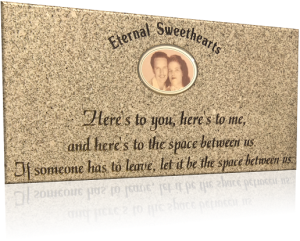Give Me a Break!
What is the one thing that Advocate’s and Caregiver’s need more than anything? A BREAK! I took mine whenever I could, and recently – after the estate was settled – I took one…
For almost 6 full weeks I took a break from thinking of anything that had to do with responsibility. I tried to sleep in. I read a couple of books. I wandered aimlessly through the stores looking at things I would never need and really didn’t even want. I took a break.
 Medicare offers Caregiver’s a break and they call it Respite Care. Being a caregiver is a full-time job and no one is equipped to do it alone. As a caregiver, it’s important to take good care of yourself so you can provide the best possible care for your loved one. This time can equal an afternoon each week, or a full 5 days so you can go on vacation. What it will do is help alleviate caregiver burnout and help you rejuvenate your energy levels. With a little planning, you can find the support you need to help you care for your loved one. I found a great website at http://www.helpguide.org/elder/respite_care.htm that will further explain respite care and help you find and choose the right resource for you or someone you know who could use the break.
Medicare offers Caregiver’s a break and they call it Respite Care. Being a caregiver is a full-time job and no one is equipped to do it alone. As a caregiver, it’s important to take good care of yourself so you can provide the best possible care for your loved one. This time can equal an afternoon each week, or a full 5 days so you can go on vacation. What it will do is help alleviate caregiver burnout and help you rejuvenate your energy levels. With a little planning, you can find the support you need to help you care for your loved one. I found a great website at http://www.helpguide.org/elder/respite_care.htm that will further explain respite care and help you find and choose the right resource for you or someone you know who could use the break.
If you know someone who is loaded down with more than their share of responsibility, do something nice for them. Like what you ask?
- Throw a casserole together, buy a bag of salad and some fresh rolls and drop them off.
- Stop by on your way to the store and see if you can pick anything up for them.
- Out doing some yard work? How much extra time would it really take to mow another yard?
So, my break is over. My list of projects is growing. And, I proved to myself that you really cannot die of boredom, you just gain weight!



